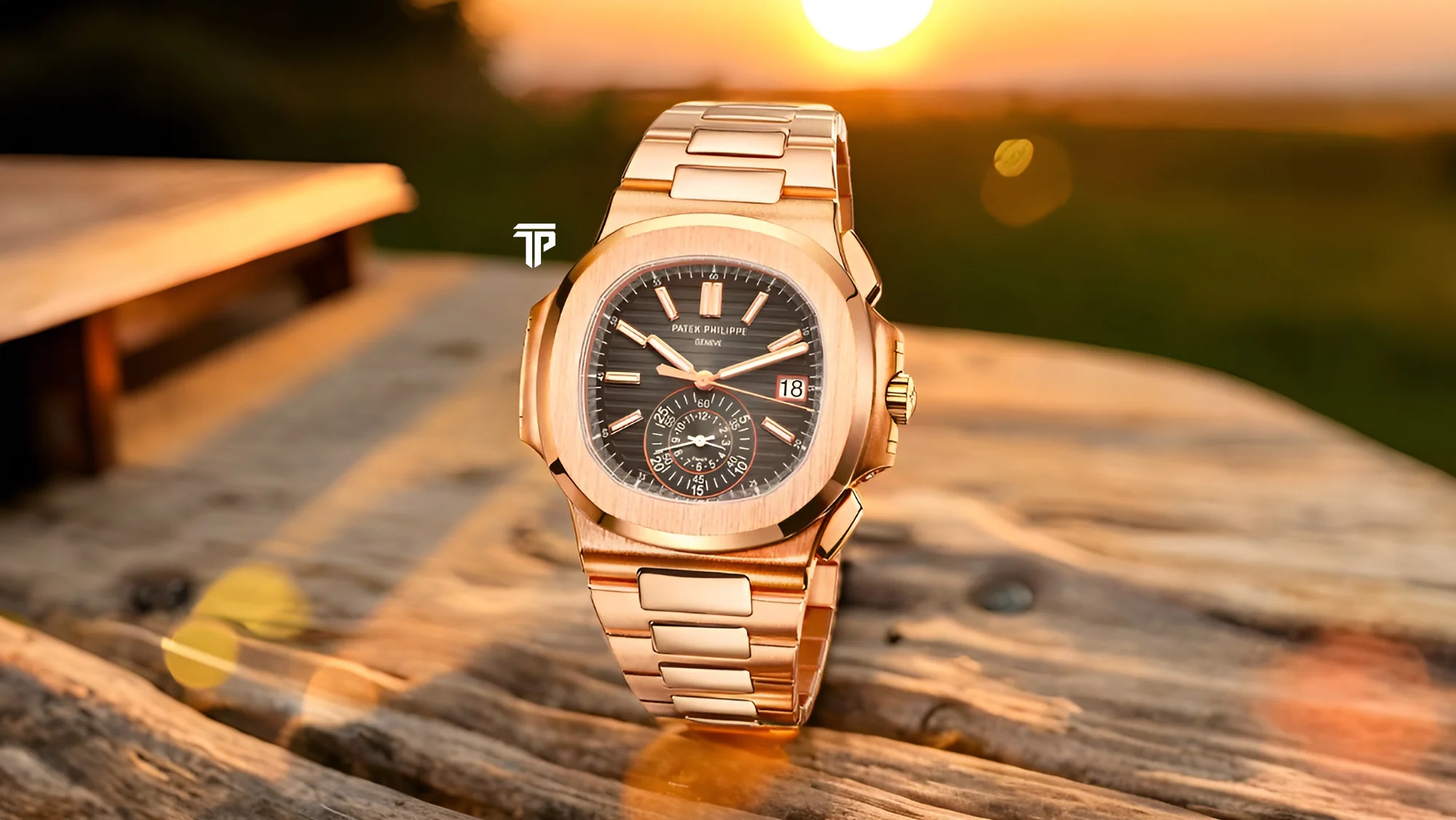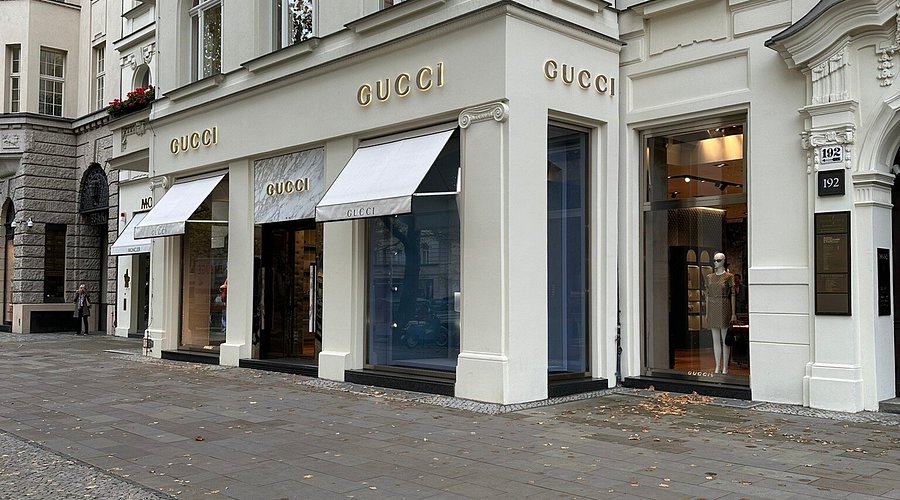Luxury Timepieces See Revival as Status Currency in Digital First Economies
By
Sophie Moore
Last updated:
October 2, 2025
First Published:
December 2, 2025

Photo: Yieldstreet
In a world increasingly dominated by smartphones and digital devices, it might seem that mechanical watches would lose their place as a symbol of wealth. After all, the function of telling time has been replaced by the devices everyone carries in their pockets. Yet the opposite is happening. Luxury timepieces are experiencing a revival among the global elite, not only as collectibles but as a new kind of status currency that transcends technology.
The enduring power of craftsmanship
Unlike digital gadgets that are replaced every few years, luxury watches represent centuries of heritage. The hand-assembled mechanisms, delicate engineering, and artistic detail make them objects of permanence. For billionaires and wealthy collectors, owning a mechanical masterpiece is a declaration that time itself is theirs to command.
A contrast to the digital world
The more dependent society becomes on fleeting screens, the more valuable physical craftsmanship becomes. A luxury timepiece offers something tactile and lasting. It is not just an object but a personal statement against the culture of constant updates and disposability. In many ways, wearing a mechanical watch is a form of resistance against the temporary.
Timepieces as cultural capital
In elite social circles, a rare watch can communicate far more than its function. A limited edition piece, known only to connoisseurs, signals refinement and insider knowledge. It is a subtle language of wealth, one understood by the few who recognize the brand, the movement, and the history behind the design.
The new financial asset class
Beyond symbolism, watches have become serious investments. Auction houses report record-breaking sales of vintage timepieces, with values steadily rising over time. The wealthy now see rare watches not only as accessories but as portable wealth that can be passed through generations or liquidated with ease.
Generational appeal
Younger heirs to wealth are particularly drawn to luxury watches. While their parents collected cars or art, they are seeking pieces that merge personal identity with financial logic. A fine watch serves as both an heirloom and a hedge, aligning with the generational shift toward meaningful possessions rather than mere consumption.
Global markets fueling demand
Regions like the Middle East and Asia are driving growth in luxury watch sales, with billionaires competing for exclusivity. Limited releases are sold out within hours, often distributed only through private channels. This scarcity adds to the allure, making ownership itself an accomplishment.
The psychology of permanence
Timepieces also offer a psychological comfort to the ultra-wealthy. In a world where markets fluctuate and technology evolves at lightning speed, the steady ticking of a mechanical watch feels grounding. It symbolizes stability and control, qualities that resonate deeply with those managing vast fortunes.
From utility to legacy
A watch today is no longer purchased to tell the time. It is bought to carry a narrative, to represent taste, and to mark legacy. The inscriptions, engravings, and provenance turn it into a deeply personal object that outlives its wearer, ensuring that wealth is remembered through craftsmanship.
The quiet return of status currency
As the digital-first economy grows louder, luxury timepieces are making a quiet return as the true currency of status. They stand not only as signs of affluence but as tokens of timeless values—patience, artistry, and permanence. For the wealthy, the most powerful statement is not on a screen but ticking softly on the wrist.
Subscribe to unlock premium content
Sed at tellus, pharetra lacus, aenean risus non nisl ultricies commodo diam aliquet arcu enim eu leo porttitor habitasse adipiscing porttitor varius ultricies facilisis viverra lacus neque.
A comprehensive guide on Agile development

10 Productivity tools that are worth checking out

Top 7 Must have management tools for productivity

A comprehensive guide on Agile development

10 Productivity tools that are worth checking out

A comprehensive guide on Agile development









